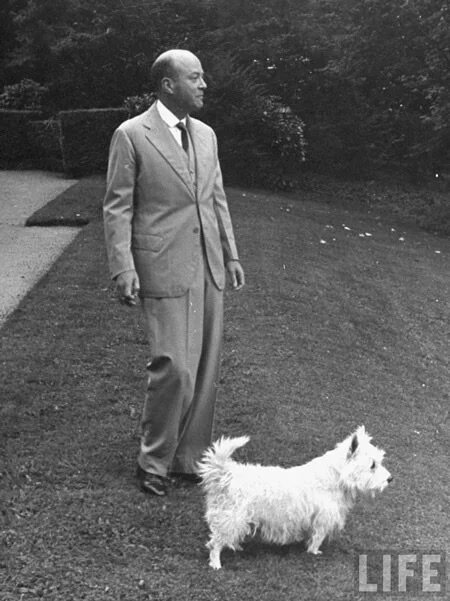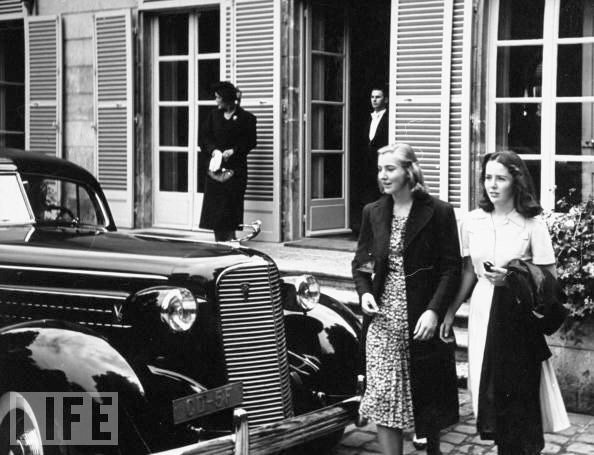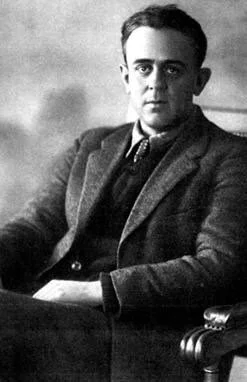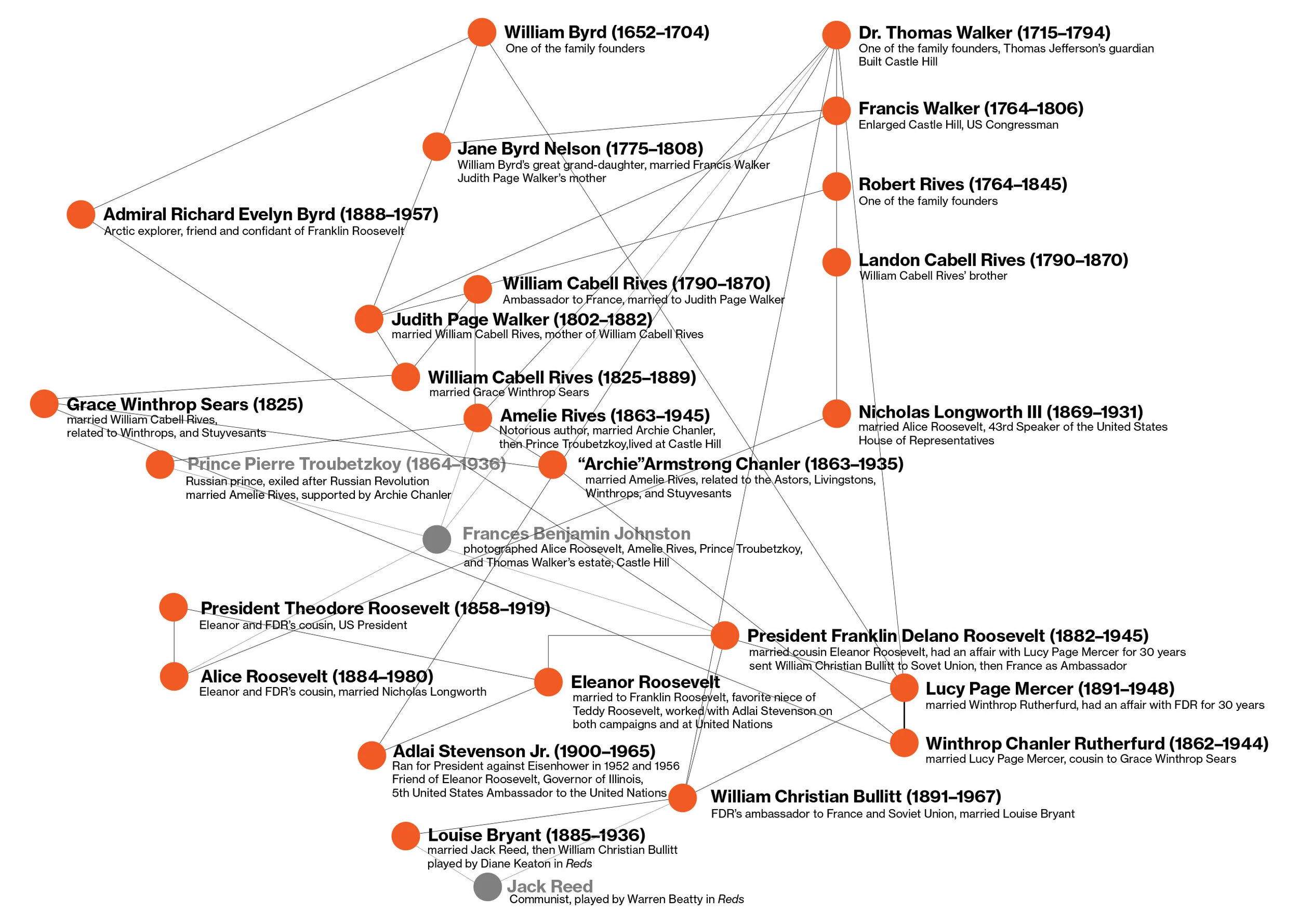Greener Grass
William Christian Bullitt, United States Embassy, France
This last year has been a hard one for everyone. It’s easy to think that the next guy has it better. Michael Bierut solves problems and creates excellent solutions instantly, Dana Arnett has no worries, Marian Bantjes is sitting calmly at her studio in the woods or feeding the happy woodland creatures, and Sean Adams is listening to the Beach Boys and sitting by a pool. But like everyone else, they and I still wear a mask walking the dog, try design solutions that are awful and then move on, and worry about what for the love of Goddess is around the corner next. I tend to think that previous generations of my family also had carefree and exciting lives.
My maternal grandmother, Janice Anne Booker Wiseman, had terrific adventures. After her father died (ran-away), she moved to the Rockie Mountains at fifteen. She learned to shoot a rifle (claiming to kill a charging bear). After my grandfather died (ran-away with a red-head), she lived with my mother, my aunt, and my great-aunt at the Casa Madrona Hotel in Sausalito. And, throughout her life, continuously wrote and published poetry.
Others seemed to spend time touring Europe, leisurely riding through the countryside, and occasionally running for office, just for fun. My grandmother’s cousin “Billy” (William Christian Bullitt) was one of these family members with no apparent worries. I have photos of him looking dapper and sophisticated. He, seemingly, led a charmed life of privilege.
I recently finished the book, So Close To Greatness, about William Christian Bullitt and his life was far from charmed. He worked hard for his beliefs, juggled a career and family, and desperately wanted respect from his peers. He was born in Philadelphia in 1891 to the Philadelphia arm of the family. He went to Yale and Harvard Law. He served President Woodrow Wilson at the Paris Peace Conference. He was appointed the United States Ambassador to the Soviet Union, became an ardent anti-communist, and then ambassador to France. Bullitt was one of President Franklin Roosevelt’s inner circle. This would all appear, on paper, to be charmed. But life wasn’t that easy.
Bullitt’s second wife was Louise Bryant (played by Diane Keaton in Reds), widow of the radical communist, Jack Reed. Bullitt and Bryant lived in Paris and were part of the ex-pat community of the 1920s. Once again, on paper, this was a golden time. But Louise slowly went mad, became an alcoholic, enjoyed entering dinner parties in the nude, had an affair with Gwen Le Galliene, and they were divorced.
The invasion of the Nazi army in Paris ended Bullitt’s service as the ambassador to France. Bullitt and daughter, Anne Moen Bullitt, returned to Philadelphia without Bryant. After his return to the United States, he lobbied to be part of Roosevelt’s cabinet. A mislaid plan to expose Secretary of State Sumner Welles’ predilection for Pullman porters ended his friendship with Roosevelt and ended his political career.
However, throughout all of these trials, Bullitt remained gracious and elegant. His response to the Nazi army’s invasion was to order all good champagne and caviar at the embassy to be taken with him and the diplomatic staff to the basement. “We may be killed,” he said, “But I’ll be damned if we’ll be annoyed.”














